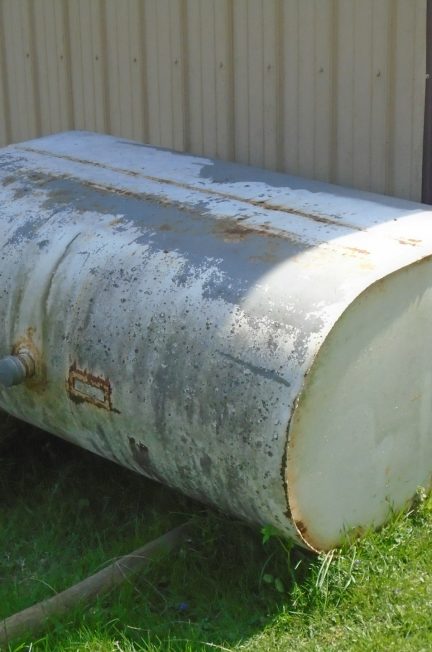Key Takeaways
- Regular oil tank inspections can prevent costly repairs and environmental hazards.
- Inspections ensure the efficiency and longevity of your heating system.
- Understanding the inspection process helps homeowners maintain their tanks more effectively.
Table of Contents
- Importance of Oil Tank Inspections
- Common Problems Detected During Inspections
- How Oil Tank Inspections Are Conducted
- Tips for Maintaining Your Oil Tank
- What to Do if Issues Are Found
- Benefits of Professional Inspections

Importance of Oil Tank Inspections
Oil tank inspections are essential for homeowners who rely on oil to heat their homes. Partnering with oil tank specialists Orange County, NY, can prevent oil spills and leaks, which pose significant environmental and health risks. A minor oil leak can quickly become a major problem, contaminating soil and water sources. By identifying potential problems early, homeowners can avoid expensive repairs and ensure their heating system operates efficiently. Regular maintenance also contributes to the tank’s longevity, saving homeowners money in the long run. An unchecked oil tank can deteriorate over time, leading to sudden breakdowns or severe damage that may affect the entire heating system. This can result in hefty clean-up costs and potential fines for environmental contamination. In addition, maintaining a well-functioning oil tank means better energy efficiency, leading to lower heating costs.
Common Problems Detected During Inspections
Inspections can uncover various issues, from minor leaks to severe corrosion. Some common problems include:
- Deterioration of the tank structure, which can compromise its integrity and lead to leaks
- Damaged or clogged fuel lines that can hinder the flow of oil and decrease system efficiency
- Issues with venting and overfill protection, which are crucial for safe and effective tank operation
- Water contamination, which can cause rust and bacterial growth, leading to further damage
Detecting these problems early can save homeowners from significant expenses and potential hazards. Regular inspections can identify issues before they become major concerns, allowing for timely repairs and maintenance that keep the heating system running smoothly.
How Oil Tank Inspections Are Conducted
Oil tank inspections involve:
- A visual assessment of the tank’s exterior for signs of damage.
- Testing for water contamination using specialized equipment.
- Examining fuel lines and vents for blockages or leaks.
- Checking the tank’s base for stability.
These steps ensure a thorough evaluation of the tank’s condition, identifying any issues needing immediate attention or future monitoring. By following a systematic inspection process, homeowners can be confident in the safety and reliability of their heating system, ensuring the tank’s safety and reliability.

Tips for Maintaining Your Oil Tank
Proper maintenance of your oil tank can extend its lifespan. Regularly check for signs of wear and tear, such as rust, dents, or cracks, and ensure the tank’s area is free from clutter and vegetation. Schedule annual professional inspections to catch underlying issues and monitor oil levels to detect leaks early. These maintenance tips help homeowners prevent common issues and ensure their oil tanks remain in good condition, preventing unexpected failures and costly repairs.
What to Do if Issues Are Found
Upon discovering any issues, immediate action is crucial. Minor problems might be repairable, while severe deterioration could require a complete replacement. Consulting with a trained professional ensures the appropriate measures are taken. Quick resolution of issues can prevent further damage and maintain the heating system’s efficiency. If a problem is identified during an inspection, the professional will typically outline the necessary steps for repair or replacement. This may include repairing small leaks, replacing damaged fuel lines, or, in more severe cases, installing a new tank. Addressing these issues promptly is essential to avoid further complications and ensure the home’s safety.
Benefits of Professional Inspections
Inspections done by professionals offer a sense of calm and attention to detail that DIY projects may be missing. Professionals utilize sophisticated tools and methods to guarantee thorough assessments. This helps homeowners avoid unexpected problems and keeps heating efficiency at its best during the winter. Knowing that your oil tank is in good shape lets you concentrate on other important home upkeep tasks. Professional inspections can offer important information on the heating system’s safety, efficiency, and the tank’s general condition. Experts can recommend optimal maintenance techniques, possible upgrades, and cutting-edge technologies to improve tank efficiency. This expert advice can assist homeowners in making informed choices about their heating system, guaranteeing its long-term reliability.
Photo by Mandell Smock on Unsplash



